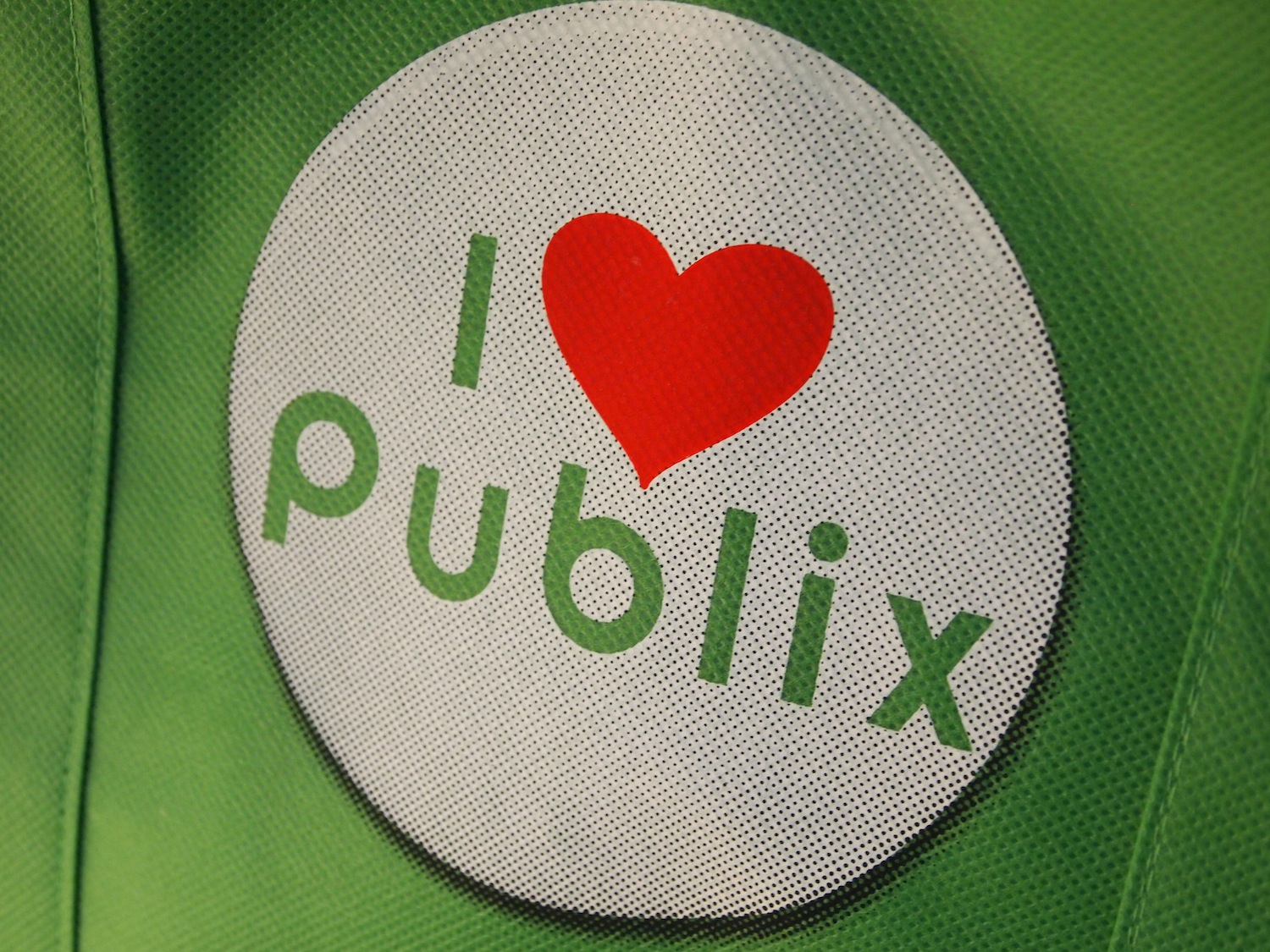Publix Brings An Employee-First Culture To The Carolinas
Store associates: an expense that needs to be controlled or an asset that can boost profitability?
As the Great Grocer War heats up here in the Carolinas, it remains to be seen whether Publix’s “people-first” culture will provide an advantage on the battlefield, but in an industry with razor thing margins, this Lakeland, FL based grocer seems to be on to something.
Family-run Publix is both the largest employee-owned company and the most profitable grocer in America, and it’s hard to argue that those two facts are not linked.
Prevailing corporate wisdom dictates that workers are an expense to be cut, rather than an asset that can be leveraged to increase profits. But this approach to human capital can lead to a downward spiral in which employees feel disrespected, underpaid, and overworked. In a retail environment like grocery, where low-wage jobs predominate and staff turnover is high, companies lose sales to the competition when customers can’t find help or aren’t treated well.
According to Dr. Zeynep Ton, professor at the MIT Sloan School of Management and author of The Good Jobs Strategy: How the Smartest Companies Invest in Employees to Lower Costs & Boost Profits, treating workers well actually increase profits by allowing companies to deliver great value to shareholders and customers while creating good jobs for employees.
Based on net margins (5.6% in 2012), Publix beat Wal-Mart (3.8%), as well as those of every public competitor, ranging from mass market Kroger (1.6%) to fancy-schmancy Whole Foods (3.9%).
Being employee-owned means that Publix associates – as a group – own more shares of stock than any one stockholder. That may not seem like a big deal to some outsiders, but when associates receive much of that stock at no cost to them (through an Employee Stock Ownership Plan or ESOP) and the value of the stock has risen an average of 15.4% each year since it was first valued in 1959…. well, you get the picture. All those sage green shirts get to share in the success of the company in a very tangible way. And rumor has it (thanks to to decades of media reticence) that a good number of associates retire millionaires, including some who were in hourly store positions for much of their careers.
In addition, Publix almost exclusively promotes from within, and every store displays advancement charts showing the path each employee can take to become a manager. Associates are encouraged to rotate through various divisions, from grocery to real estate to distribution, to get a broad sense of the business. So a former cake decorator in a store bakery can one day be in charge of all strategy for its bakeries. And a distribution-center manager overseeing 800 associates might have gotten his start unloading boxcars.
“I’m always amazed that more companies don’t recognize the power of associate ownership,” says Publix CEO Ed Crenshaw, 62, the grandson of founder George Jenkins and the fourth family member to run the company. While Crenshaw has a 1.1% stake in Publix, worth $230 million, and his entire family has 20%, worth $4.2 billion, the employees (and former employees) are the controlling shareholders, with an 80% stake, worth $16.6 billion.
So take note, Harris Teeter. When a retailer invades a new market populated by an entrenched competitor, it often leads to a price battle, or a face-off in which one operator clearly outshines the other in service or quality. And when you’re marching into hostile territory as the invader – especially in the cut-throat retail grocery industry – the customer-service side of the equation can deliver a huge competitive advantage
I can buy a box of Wheaties anywhere, but would prefer to buy it from a retailer that offers friendly, personalized service and the most enjoyable in-store experience.


